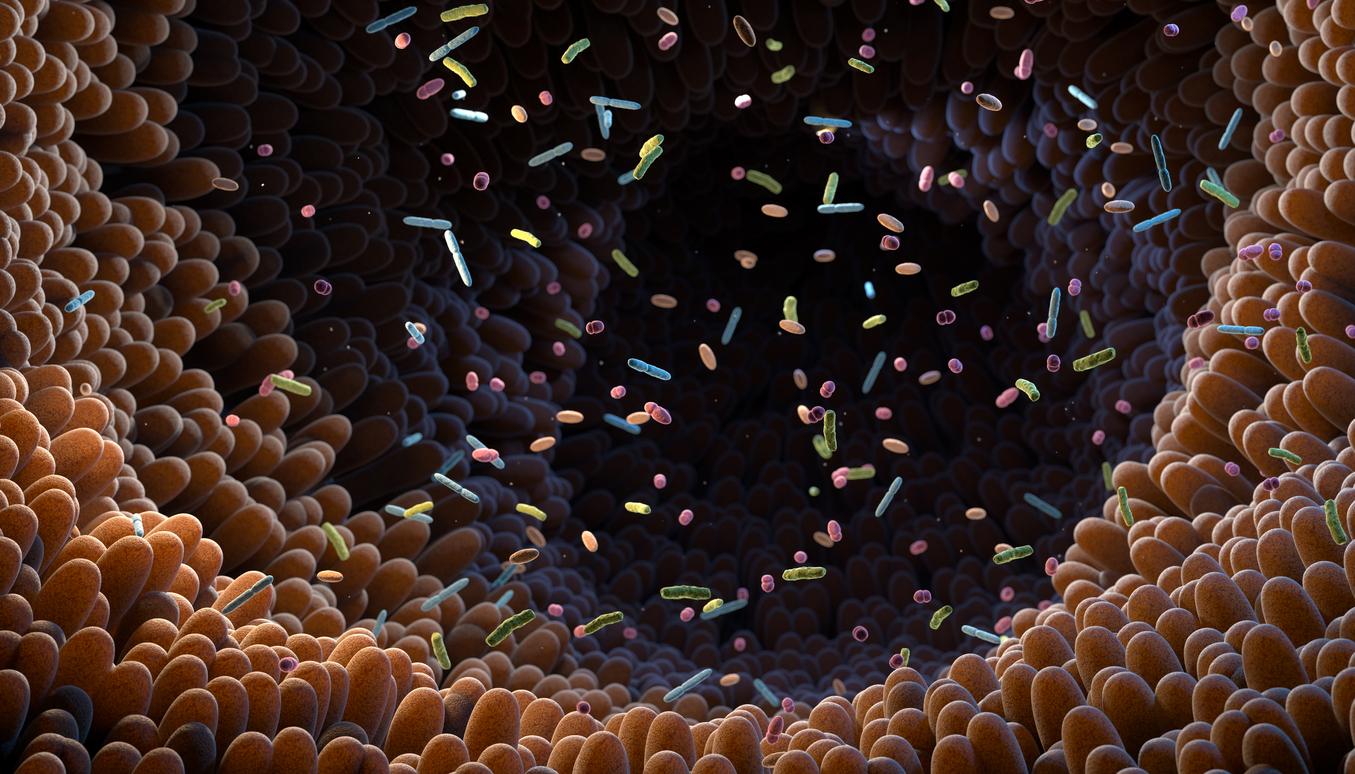A diet rich in fiber, beneficial to the microbiota, could help limit the development of certain cardiovascular diseases such as atherosclerosis.

- Responsible for more than 30% of mortality, cardiovascular diseases are currently the leading cause of death in the world. In France, they are the cause of 150,000 deaths per year, which places them in second position after cancer.
- Initially asymptomatic, atherosclerosis can eventually block the arteries more or less suddenly, which can lead to a heart attack or stroke.
- Consumption of fiber would help combat the risk of atherosclerosis by cleaning up the intestinal microbiota, according to researchers.
“While a diet high in fat and low in fiber is recognized as promoting cardiovascular disease, the mechanisms involved are not yet well identified.”
It is based on this observation that researchers from the National Institute of Health and Medical Research (Inserm) were interested in the role of the intestinal microbiota in the development of atherosclerosis, which is characterized by accumulations of fatty deposits – called plaques – in the arteries. Among the major risk factors for this cardiovascular disease: obesity, in particular that induced by a diet too rich in fat and low in fiber.
Lack of fiber unbalances the intestinal flora
As part of his work, published in the journal Cell Reportsthe team of Soraya Taleb, Inserm research director, therefore studied mouse models subjected to different diets to compare the effects on metabolism, the microbiota and the development of atherosclerosis.
Not surprisingly, mice consuming high fat and low fiber showed an increase in metabolic risk factors linked to cardiovascular disease (significant weight gain, hyperglycemia, insulin resistance, increased liver weight and its liver content). triglycerides…).
That’s not all: this type of diet is “associated with an overall imbalance of the microbiota – in its composition and in its immune response”, can we read in a communicated. “In particular, short-chain fatty acids, resulting from the fermentation of fibers and recognized for their positive impact on health, are produced in lower quantities.”

Fiber supplementation against the symptoms of atherosclerosis
However, this imbalance is itself associated with a worsening of the symptoms of atherosclerosis at the vascular level: increase in the size of atherosclerotic plaques in the aorta, systemic inflammatory phenomenon, etc. “These results indicate that, in mice subjected to a fatty diet, a pathological intestinal microbiota accelerates the development of atherosclerosis”explains Soraya Taleb.
However, fiber supplementation could counteract these effects. “More than its high fat content, it is the low quantity of fiber contained in this diet which is at the origin of the imbalance of the microbiota and therefore the worsening of atherosclerosis”, underlines the researcher. “This further supports the idea of a primordial role of fiber in structuring a healthy microbiota and in the prevention of systemic inflammatory diseases such as cardiovascular disease.”
















